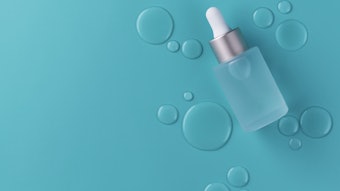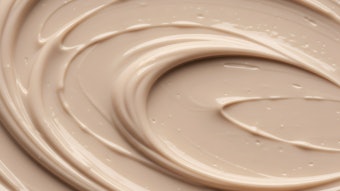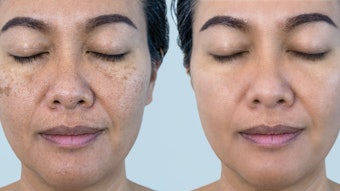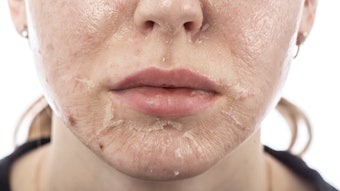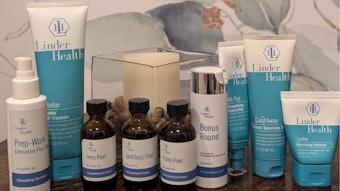
As winter sets in, the colder weather can wreak havoc on skin. That’s why it’s important to educate clients on the value of adjusting their skin care routine accordingly. But with so many products to choose from, the thought of finding just the right combination can be daunting for some clients.
In an article for PEOPLE magazine, New York-based dermatologist Dr. Whitney Bowe recommends a layering approach to winter skin care.
“Meaning, layer on a serum under a richer night cream,” she said. “That combination is amazingly effective at trapping moisture in the skin.”
For Oily Skin
These clients should switch to a creamy, hydrating cleanser that does not strip the skin of excess oil. Estheticians will typically recommend a lightweight lotion for oily skin during the summer months, however, clients should switch to a richer formula with hyaluronic acid or glycerin in the winter. But don’t forget to recommend a hydrating night treatment, said Bowe. This can be a product that multitasks like those with peptides and antioxidants to help firm the skin.
For Normal Skin
Normal skin types may think they can get away with maintaining the same regimen the whole year, but that couldn’t be further from the truth. Make sure these clients switch to a cleanser that nourishes and moisturizes, such as an oil-based formula. Suggest a moisturizer with petrolatum, dimethicone or glycerin, Bowe suggests. For night treatments, clients with normal skin should consider adding a retinol cream to help increase collagen production.
For Dry Skin
Clients with dry skin should discontinue using any toners or oil-absorbing products that may have worked during the summer months. Instead, switch them to a gentle moisturizing cleanser that can replace lipids and proteins lost during the cleansing process. Recommend a moisturizer with lipids that help fortify the skin barrier, said Bowe. Night treatments should include a hyaluronic acid serum to absorb water and plump the skin.
For Aging Skin
Switch these clients to a mild, non-abrasive cleanser that contains glycerin, ceramides or hyaluronic acid to hydrate the skin. Replace any anti-aging serums with a thicker anti-aging lotion or cream. For added moisture, recommend a product with hyaluronic acid, shea butter or peptides. Many of your aging skin clients may swear by retinol, but everyday use can be drying during the winter. Tell them to try using it every other day instead, recommends Bowe.
